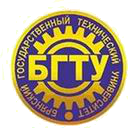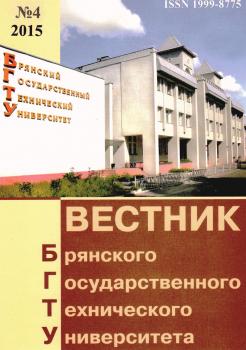The paper deals with the problems of intellectual development of the society expressed in factors of intellectual employment of population in the sphere of science intensive branches of industrial production on the basis of the classification and systematization of information, its transfer connected with functions of management. Factors characterizing distinguishing features of human intelligence to which belong: a working memory structure, prognostication possibility, altruistic help, logic, a multilevel hierarchical system for useful information selection and consciousness are considered. To date information ties arising between specific people are saturated extremely with communication. In this connection as the bears of displayed objective reality which arises as a result of the interaction of certain sub-groups of persons and also professional communities can be apprehended from the point of the whole mankind. For the same reason arise regulative functions depending upon this result (in a behavioral reaction to professional activities and decisionmaking of large quantities of people) and practically there are no limits in information conservation by human civilization.
information, management, intelligence, perception, cognitive thinking, prediction, information processing, automation
1. Vernadsky, V. I. Naturalist’ Philosophical Thoughts / V.I. Vernadsky. - М.: Science, 1988. - pp. 520.
2. Pike, М. Internet in Original: [transl. from Engl.] / М.Pike. - S-Pb., 1996. - pp. 640.
3. Byalko, А. V. World at the Turn of Centuries / А.V. Byalko // Nature. - 2001. - №1. - pp. 16-19.
4. Yeryomin, А. L. From Individual Intelligence to Mankind Intelligence / А.L. Yeryomin // Nature. - 2004. - №4. - pp. 23-28.
5. Maximova, Е. V. Ontogenesis of Cerebral Hemispheres Cortex / Е.V. Maximova. - М.: Science, 1990. - pp. 167.
6. Kapitsa, S.P. Synergy and Forecasts for Future / S.P. Kapitsa [et al.]. - М.: URSS, 2003. - pp. 290.











